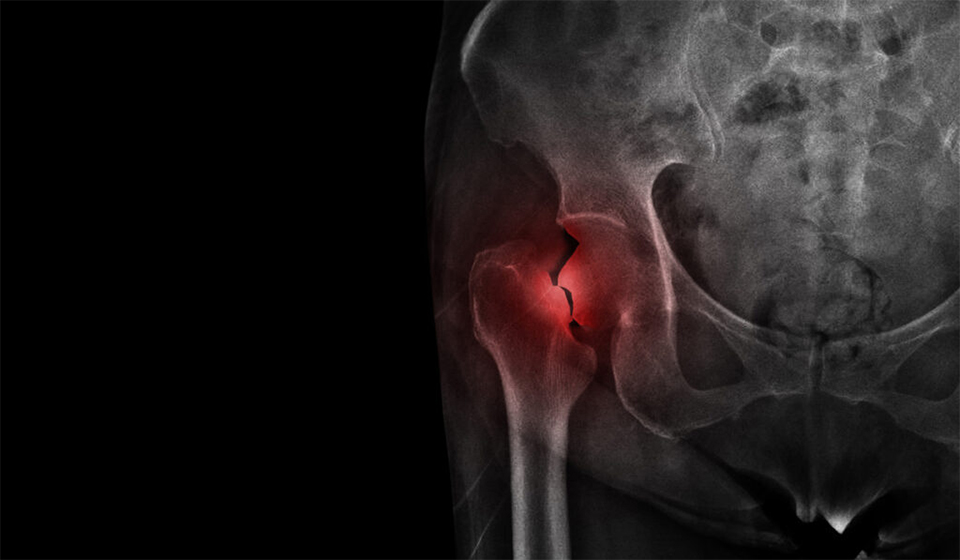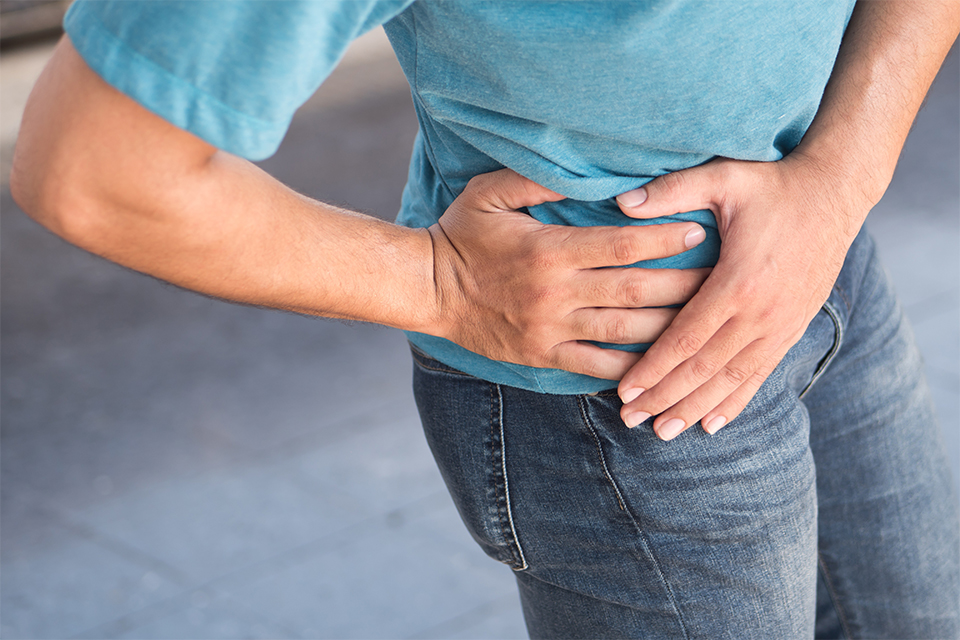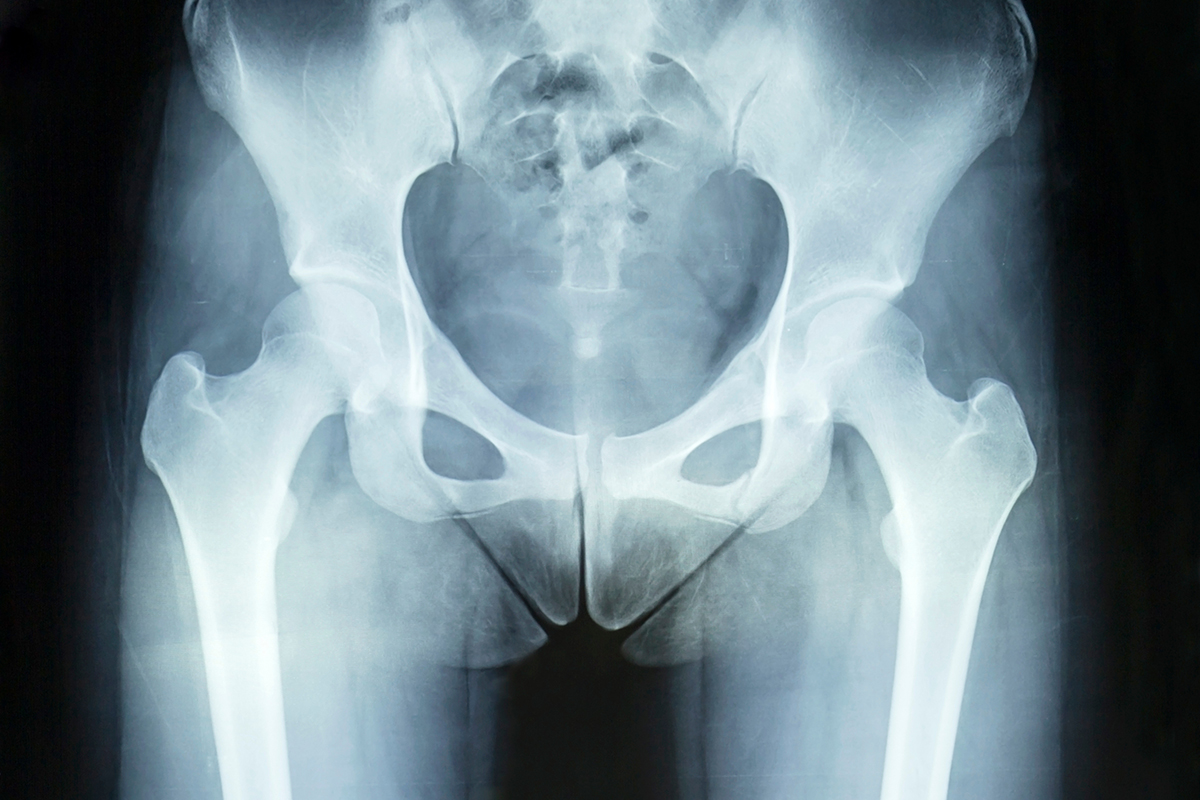Portland Car Accident Hip Pain Chiropractor
Are you suffering from hip pain after a car accident?
We understand how debilitating and frustrating it can be.
At ProCare Chiropractic, we specialize in treating hip pain caused by car accidents. Our experienced team of chiropractors will provide you with personalized care and a comprehensive treatment plan to help alleviate your pain and get you back to your daily activities.
Our chiropractic treatments have been proven to effectively relieve hip pain and promote healing. By addressing the underlying issues and using a combination of adjustments, therapies, and exercises, we can help you regain mobility and reduce your pain.
Don’t let hip pain hold you back any longer. Schedule an appointment with ProCare Chiropractic today. Call us at (503) 899-0707 to book a free consultation today!

Why Car Accidents Often Result in Severe Hip Injuries
Car accidents can cause a wide range of injuries, and one area that is particularly vulnerable is the hip joint. The force exerted during a collision can lead to severe hip injuries that can significantly impact a person’s daily life.
The hip joint is a complex structure that connects the thigh bone (femur) to the pelvis. It is a ball-and-socket joint, allowing for a wide range of motion, including walking, running, and bending. However, this mobility also makes it susceptible to damage in the event of motor vehicle collisions.
Common Hip Injuries After a Car Accident
Hip Dislocation
When a vehicle collision exerts a significant force on the body, the impact can forcefully dislodge the ball-shaped top of the thigh bone from its socket in the pelvis. This type of injury often results in severe pain and limited mobility.
Large-force trauma (motor vehicle accidents, pedestrians struck by automobiles) are the most common causes of hip dislocations. [1]
Hip Fracture
The strong impact during a collision can exert enough force to break the bones in the hip joint. These fractures can range from minor stress fractures to more severe fractures that involve multiple areas of the hip. Hip fractures often require surgical intervention to repair the damage, and individuals may need to restrict weight-bearing and undergo rehabilitation to regain strength and range of motion.

Soft Tissue Damage
The muscles, tendons, and ligaments that support the joint’s stability and movement can be strained, sprained, or torn as a result of the blunt force trauma experienced in a collision. This can lead to intense pain and reduced mobility.
Hip Bursitis
Bursae are small fluid-filled sacs that provide cushioning between bones, tendons, and muscles. The impact of a collision can irritate or damage these bursae, leading to inflammation and pain. Individuals may experience sharp, shooting pain in the hip area, along with swelling and tenderness.
Nerve Damage
The force and impact of a collision can compress or injure the nerves that supply sensation to the hip area. This can lead to numbness, tingling, or radiating pain down the leg. Nerve damage should be promptly assessed and treated to prevent further complications.
Common Symptoms from Hip Injury After an Accident
The intensity of the pain can vary depending on the severity of the injury. It may range from mild discomfort to severe, sharp pain. The pain may be persistent or worsen with specific movements.
Hip injuries can significantly affect the range of motion, making it challenging to perform normal activities such as walking, climbing stairs, or bending the hip. The injured person may experience stiffness or a sense of instability in the hip joint, causing limitations in movement.
Hip injuries can cause inflammation and swelling around the affected area. This swelling is often accompanied by visible bruising, which indicates internal bleeding or tissue damage.
Injuries to the hip can weaken the surrounding muscles, leading to muscle weakness. The affected muscles may feel tense or strained, making it difficult to bear weight on the leg or perform daily activities that require lower body strength.
Nerve damage is not uncommon in hip injuries after an accident. It can result in sensations of numbness, tingling, or a pins-and-needles sensation in the hip, thigh, or surrounding areas. This may be an indication of nerve compression or injury.
Many individuals with hip injuries find it challenging to find a comfortable position while standing or sitting. The pressure on the injured hip can exacerbate the pain and discomfort, making it necessary to constantly shift positions to relieve the pressure.
Hip pain and discomfort can make it difficult to find a comfortable sleeping position. People with hip injuries often experience trouble falling asleep or staying asleep throughout the night due to the persistent pain.
Some individuals with hip injuries may experience a sense of instability or a feeling that the hip could give way. This can make them feel unsteady on their feet and apprehensive about putting weight on the injured hip.



Diagnosing Hip Pain After a Car Accident
Our chiropractors will take a detailed history of the car accident and any symptoms experienced. We will perform a thorough physical examination, including assessing the range of motion, muscle strength, and joint stability of the hip. This can help identify any musculoskeletal issues contributing to the hip pain.
We perform orthopedic tests to assess the function of the hip joint. These tests can help identify specific areas of pain or dysfunction and provide clues to the underlying cause of the hip pain.
Our chiropractors use their hands to palpate and assess the structures around the hip joint. This can help locate areas of tenderness, muscle tightness, or joint misalignments, which may be contributing to the hip pain.
X-rays may be used to detect fractures, dislocations, bone abnormalities, or signs of arthritis in the hip joint.

Chiropractic Treatment Options for Hip Pain
ProCare Chiropractors focus on spinal health, as misalignments or subluxations in the spine can contribute to hip pain. By performing spinal adjustments, we can realign the vertebrae, reduce nerve irritation, and potentially alleviate pressure or tension on the muscles and joints surrounding the hip.
Our Chiropractors are trained in joint manipulation techniques, including those specific to the hip joint. Through controlled and gentle movements, we can help restore proper joint function, reduce inflammation, and improve mobility in the hip joint.
We incorporate soft tissue therapies into our treatments to address muscular imbalances and tightness associated with hip pain. Techniques such as myofascial release, massage, and stretching can help relax and lengthen tight muscles, reducing discomfort and improving flexibility.
ProCare Chiropractors may prescribe specific rehabilitation exercises targeted at strengthening the muscles surrounding the hip joint. These exercises can enhance stability, improve range of motion, and promote healing.
Posture and Ergonomic Advice: Our Chiropractors provide guidance on maintaining proper posture and body mechanics to reduce stress on the hip joint. We may offer ergonomic recommendations for daily activities like sitting, standing, or lifting to minimize strain on the hip.
ProCare Chiropractors can provide lifestyle recommendations such as nutrition advice, weight management strategies, and ergonomic assessments in order to support overall hip health and pain management.
ProCare Chiropractic for Hip Pain after a Car Accident
Through hands-on spinal adjustments and manipulations, chiropractors at ProCare Chiropractic can alleviate misalignments in the spine that may be contributing to hip pain and limited mobility.
ProCare Chiropractic may incorporate other techniques to complement the treatment. These may include massage therapy, stretching exercises, and electrical stimulation. These modalities help reduce inflammation, increase blood flow, and stimulate the body’s natural healing response.
Chiropractors at ProCare Chiropractic don’t simply focus on the affected hip joint but also consider the surrounding muscles, ligaments, and joints that may be contributing to the pain. This comprehensive approach ensures that the treatment plan targets all areas of concern, providing long-term relief and preventing future issues.
Chiropractic care is non-invasive and drug-free, making it a natural option for those who prefer to avoid medications or surgery.
Don't let hip pain control your life any longer.
Contact ProCare Chiropractic today to schedule a consultation and start your journey toward recovery.

